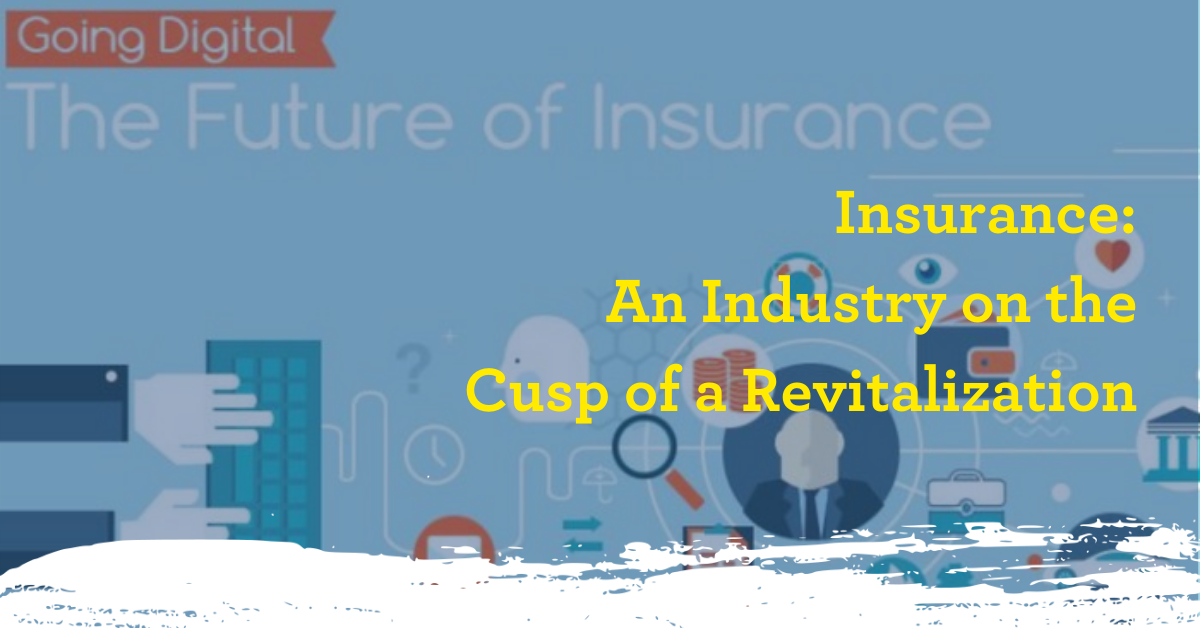There is a lot to be excited about in the insurance industry right now. Even millennials are extremely enthusiastic about their careers as brokers. Are they afraid of industry disruptions and potential takeovers? Not quite; in fact, they believe that “technology is increasing efficiency by arming them with the tools they need to compete and succeed.”
This is how we should all view the future of the industry — not as a potential sinking ship, but as an industry about to undergo a revitalization thanks to innovation and new technology.
In fact, technologies such as machine learning are only here to help, not hurt. With the growth of machine learning in the insurance industry, there is reasonable concern for what will happen to agents when technology can take over negotiations and pricing policies.
When many people think of a broker or insurance agent, they think of trying to negotiate the best possible rate for both parties. Similar to many positions being replaced by robots and AI, it is not out of the question that there could be fewer of these positions available in a more automated future.
However, the greatest value of a broker lies in relationships — and this is crucial for remaining relevant in the future of the industry. Machine learning can be a great asset for brokers, allowing them to take over X tasks while being able to focus on what it really means to be an agent.
The same goes for robo-advisors, the so-called future of wealth management. While the concept is promising, not everyone wants a robo-advisor, especially those with growing wealth and more complex financial management needs. Those individuals are especially hesitant to give up that personalized human touch for the automated calculation of a robo-advisor.
This means that insurance agents are more important than ever and must look for ways to deliver a on a premium customer experience, capitalizing on the relational value proposition they will always as an advantage over technology. Changes to fiduciary rules are not meant to limit what an insurance agent can do, but may ultimately create better transparency for consumers looking for a trusted advisor.
Technology is not a disruptor to the industry. Instead, it can be used as an asset; a solution to several challenges insurance agents currently face. As someone who has watched the industry change firsthand, I can attest to the importance of providing quality service and value to clients. It takes an entrepreneurial mindset, and a strong ambition to thrive.

